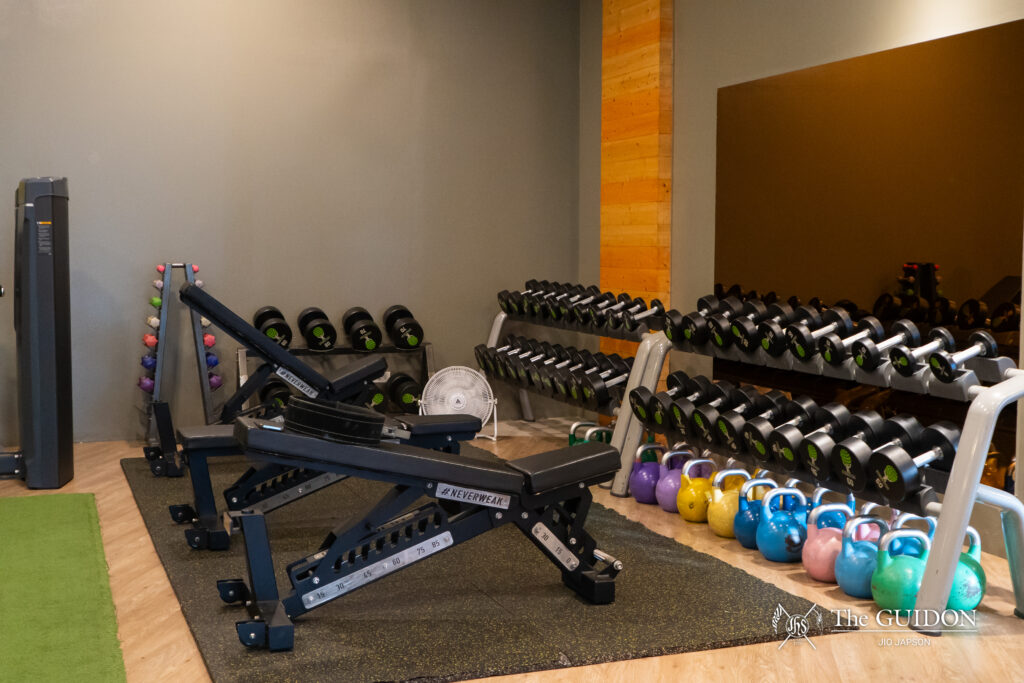Tenement’s distinct style is simple, yet intriguing enough to grab your attention. Whether it’s the subtle graphics displayed on their caps, or the louder designs adorning the backs of their tees, there’s something about the brand that feels familiar and personal. Their designs are clean and sleek, while playing on a theme that hits close to the home for many Filipinos: basketball. Started by a group of high school friends, Tenement aims to redefine the image of local streetwear.
The Grassroots
The exact origin of streetwear culture would be hard to track down, although it has its roots embedded in the baseball, basketball, skateboarding, and hip-hop scene of the United States in the early 80s. Its constant evolution varies for different locations. In one area, for example, graphic shirts and baseball caps paired with sneakers became a form of expression for hip-hop and sports fans alike. One of the earliest pioneers of the Western streetwear movement was Shawn Stüssy who started out with California-inspired surfboard designs before establishing his name-brand in the fashion industry. As evidenced by the use of the iconic S/double logo and even his own signature as prints, the brand became a dominant force in the early days of American streetwear culture, catering to all sorts of subcultures.
Streetwear moved from the streets to the red carpet when celebrities like Pharrell Williams, Drake, and Michael Jordan collaborated with streetwear labels or started their own brand. The success of Stüssy, along with Supreme and Anti Social Social Club, are just a few landmark names who continue to aid in the growth and widespread influence of the undying streetwear trend.
The Philippines hasn’t been left out of the fad either—streetwear labels across the globe are slowly making their way to Manila. Because their products are so popular and are now becoming accessible to Filipinos, locals tend to take for granted the homegrown talent that can definitely keep up with international labels. Drawing inspiration from the TV series How to Make it in America, Van Valdez, Chubby Romero, Javi Villareal, Jolo Riego de Dios, and Mariana Mercado decided to start their own clothing line; born and bred on the streets of Manila, Tenement wants to bring Filipino flair to streetwear.
Tenement: At the heart of culture
Valdez and de Dios explain that the transition of streetwear culture from appreciation to consumerism and hype propelled their desire to create their own clothing line. Valdez expounds, sharing how he would go to sneaker conventions with Villareal and Romero. “The culture way back then was great. People would come up to you and talk casually how you share the same love for sneakers and its subculture,” says Valdez.
Aided by musicians like Kanye West and Tyler, the Creator, the rise of the streetwear market today into mainstream pop culture gave rise to the term “hypebeast.” “People were buying their stuff out of the sole reason to brag or stunt on other people, so it wasn’t for the love of it,” says Valdez. He shares that Tenement was inspired to bring back the older trend of wearing clothes that reflected personal preference rather than what’s popular on social media.
“In the [United] States, the scene [of streetwear] is synonymous to their skateboard culture. So in the Philippines, our ‘skateboarding’ would be basketball,” says Valdez. The apparel was named after Tenement Court, a basketball court in Taguig that National Basketball Association players, such as LeBron James and Paul George, have visited. Valdez says that the court serves as the country’s own Rucker Park, a basketball court in Harlem in New York City that provided a recreational haven for the less fortunate youth as well as a few NBA stars. Tenement then incorporates the widespread influence of basketball to unite people from all walks of life.
A homebase for craftsmanship and identity
Valdez and Riego de Dios both agree that brands Supreme and Stüssy heavily influenced their conceptualization phase. Valdez explains that they didn’t want to seem like a copy of these established brands. Rather, they aimed to be seen as a brand that learned from these big names and incorporated what they could into local Filipino identity. He wishes that Filipinos would erase the mentality of comparing local goods with international brands. “Whatever your style may be, follow it. We’re not aiming for the competition,” he adds.
Though still early in production, Tenement seeks to establish itself as a cornerstone in the Philippine streetwear scene; they hope to drop more lines, collaborate with those brands who inspired them to create Tenement, and eventually retail or consign to various stores locally and internationally.
Local streetwear brands have been popping up left and right but Tenement speaks of uniting different kinds of people under the same interests, paying homage to culture, homegrown pride, and high quality apparel. With sleek and clean designs that appeal to resident streetwear fans, it’s clear that Tenement has played their cards well. Their loyalty to streetwear while incorporating a sport close to the Filipino’s heart is so admirable, it might just win them some new fans.
Contact Details
Website: http://www.ourtenement.com/shop.html
Instagram: https://www.instagram.com/ourtenement/
Email: contact@ourtenement.com






